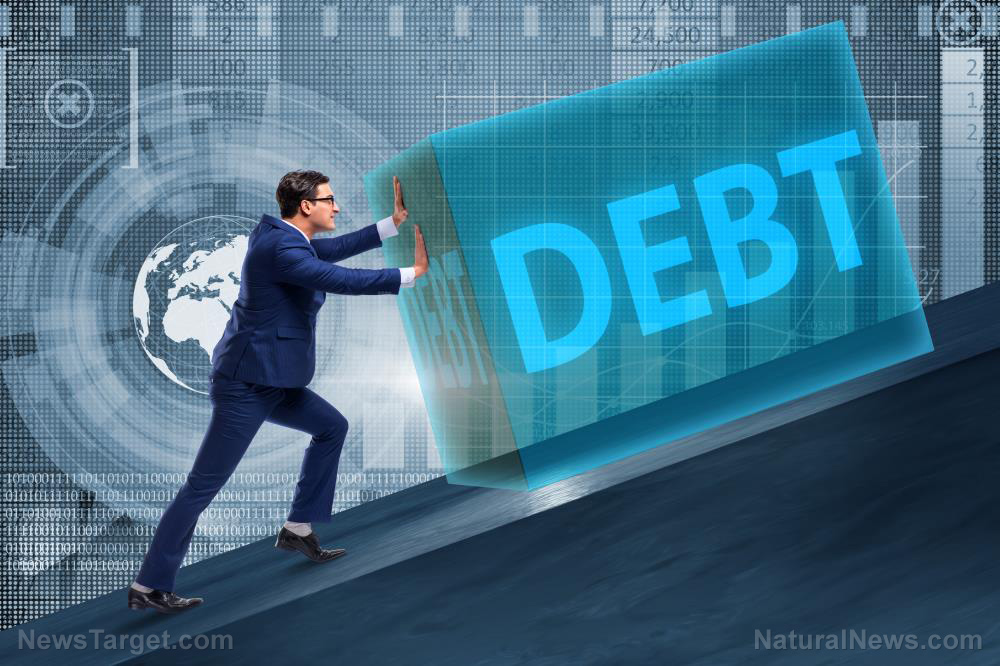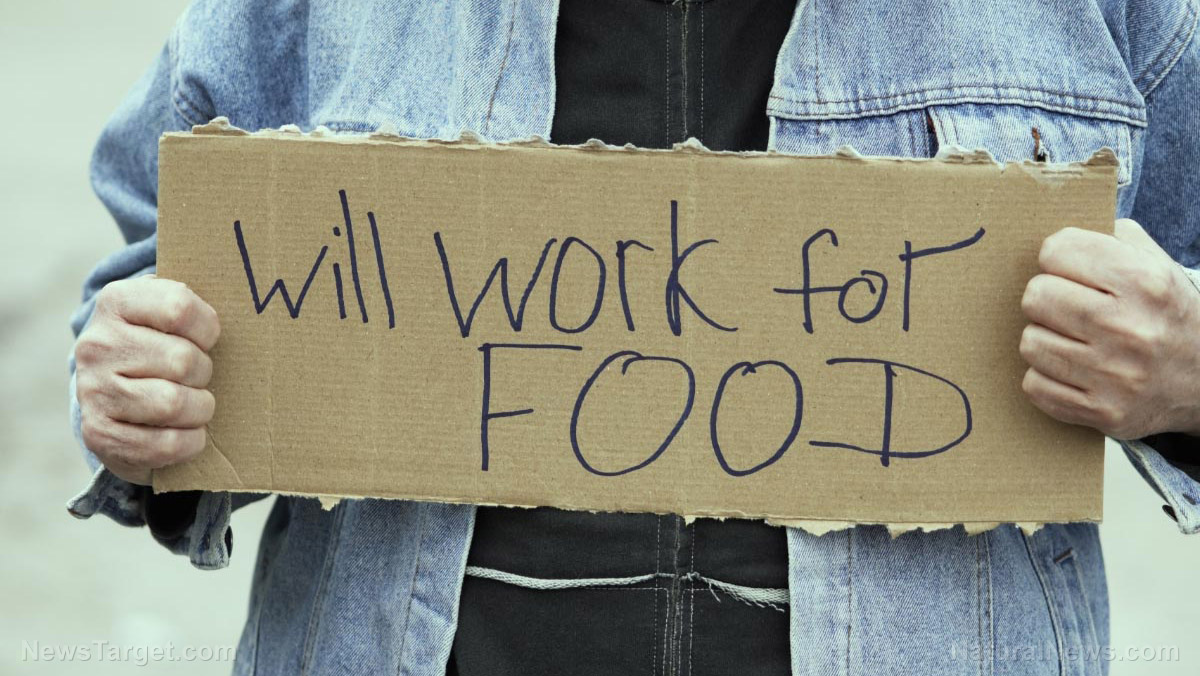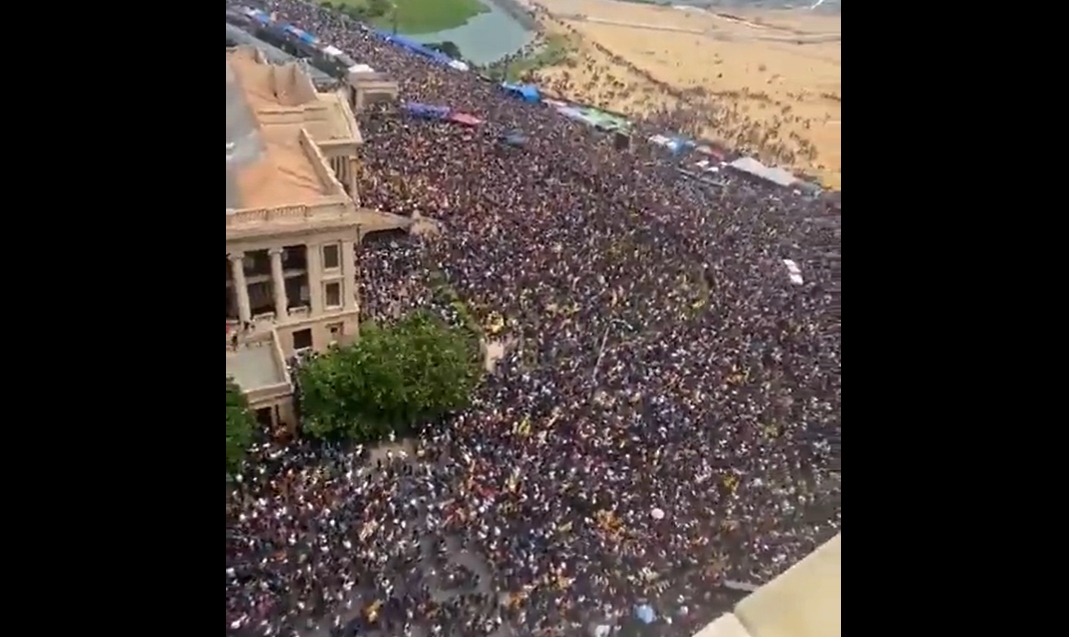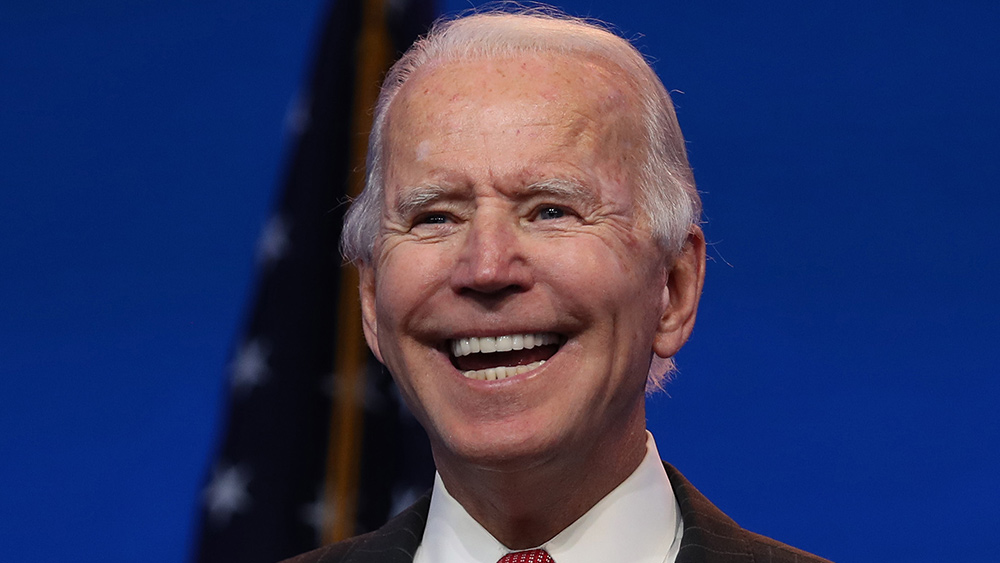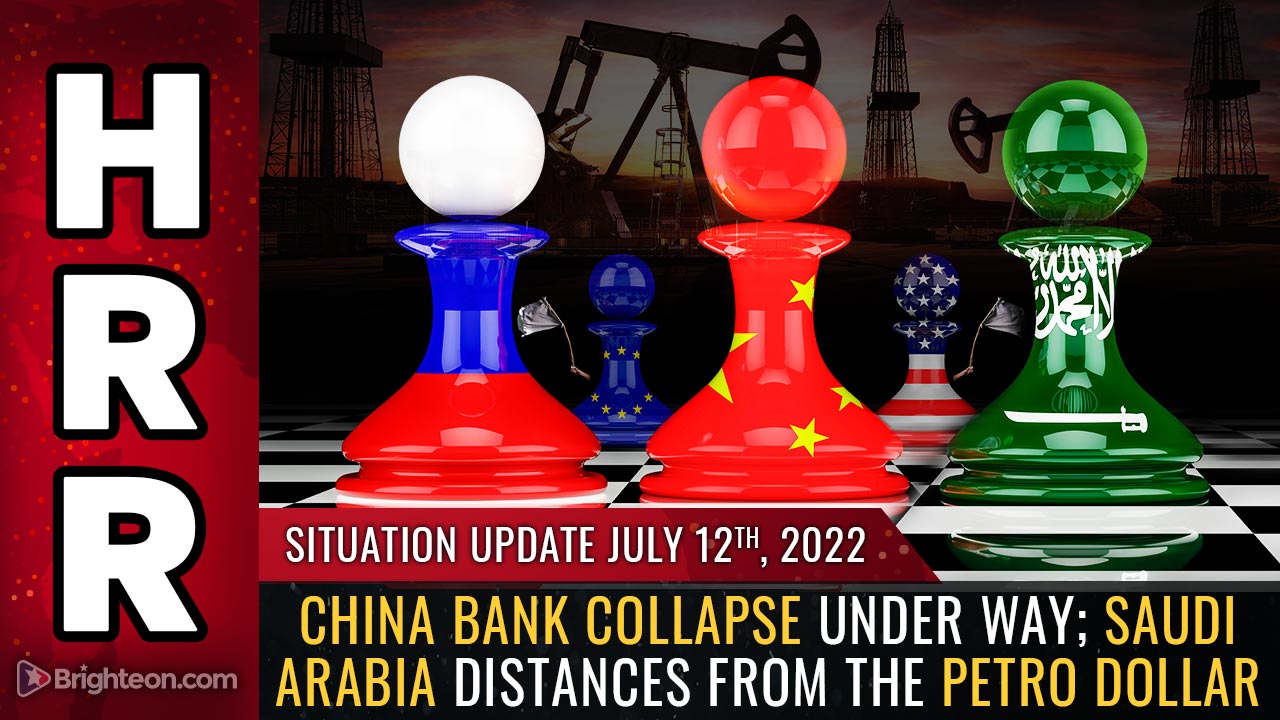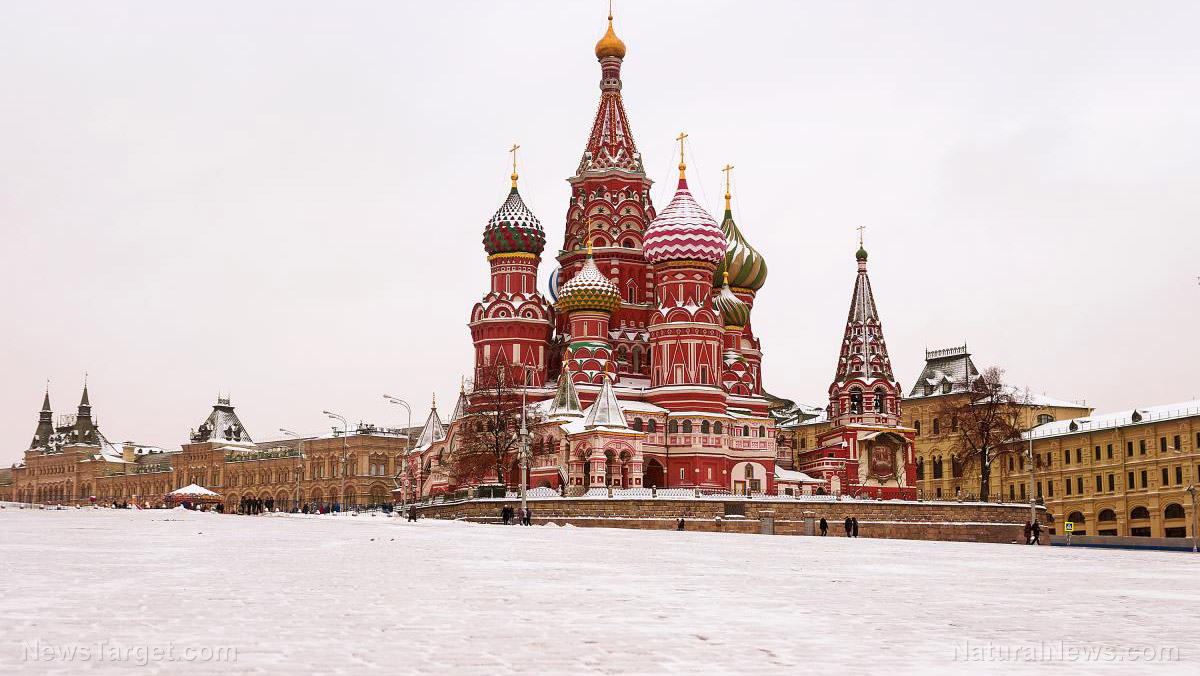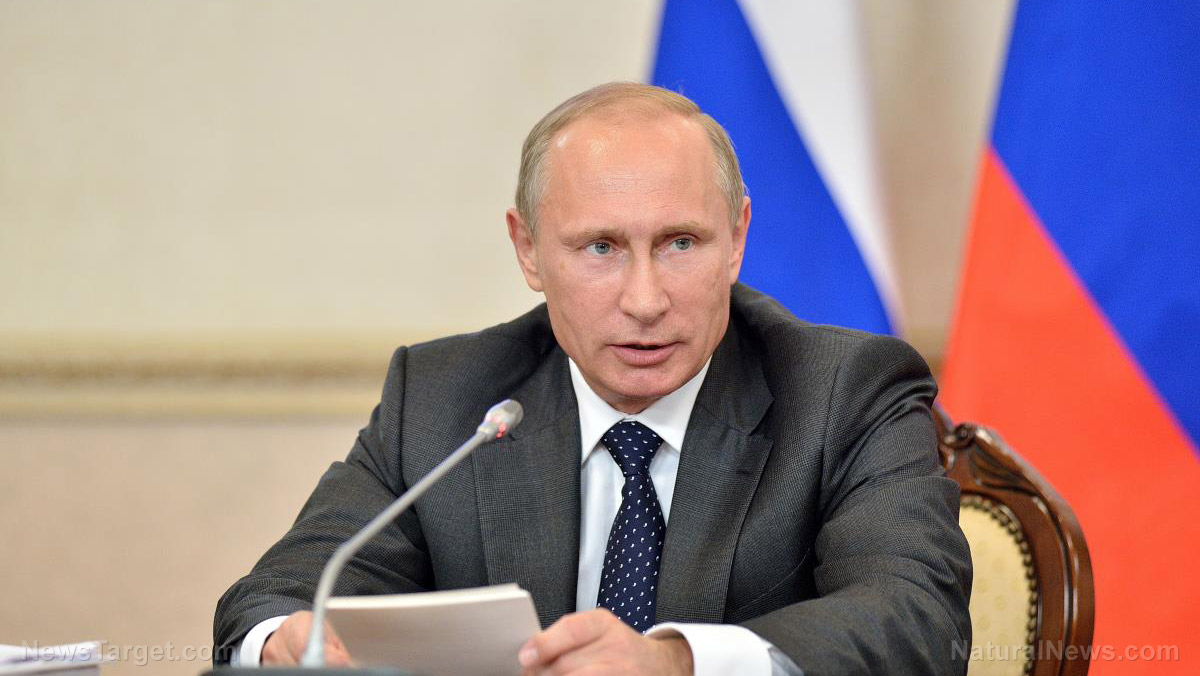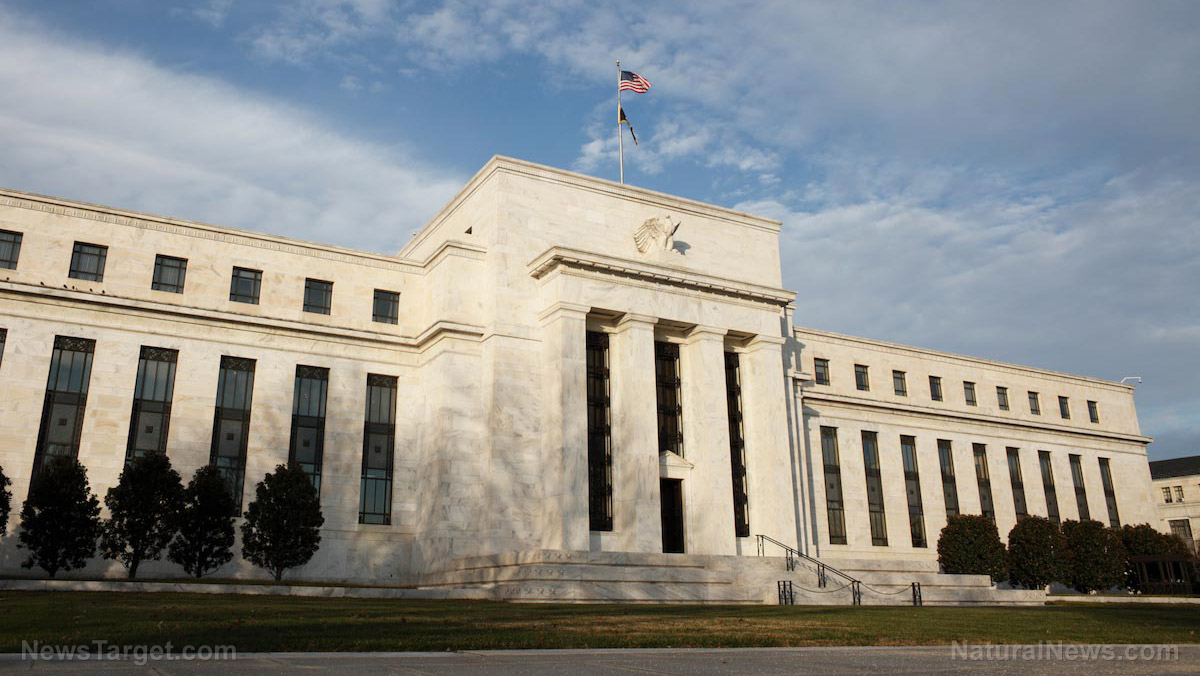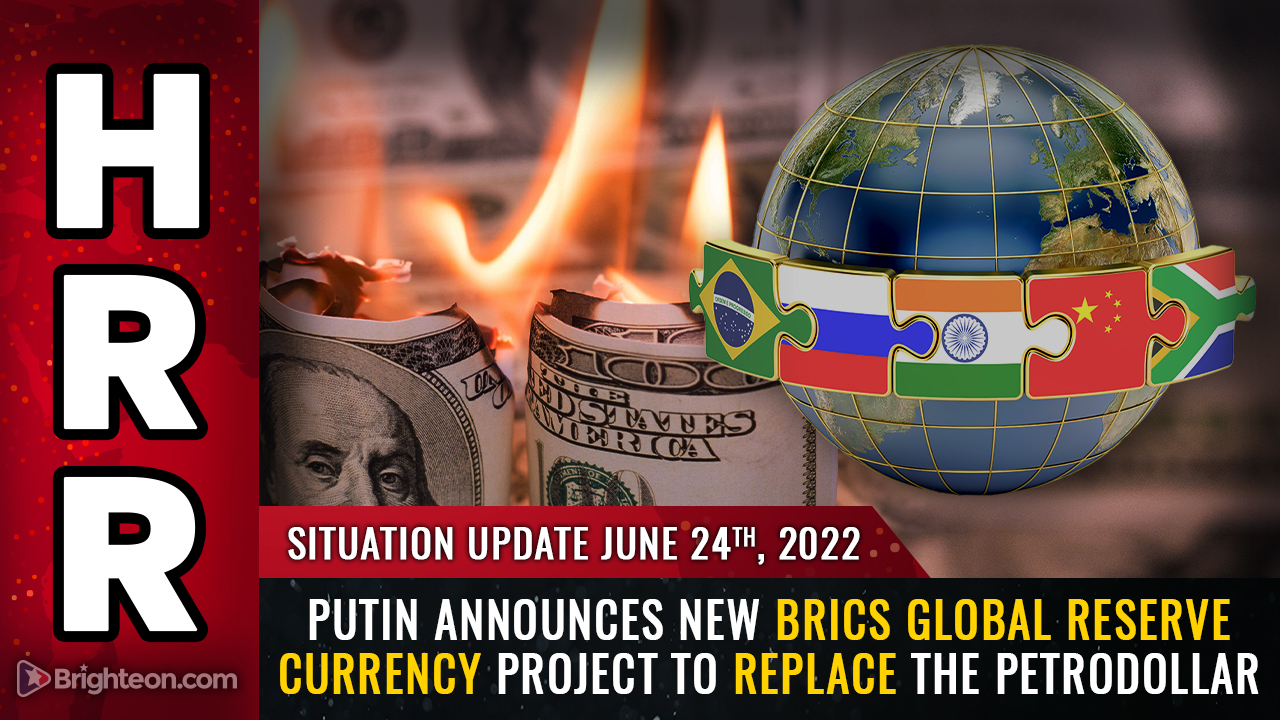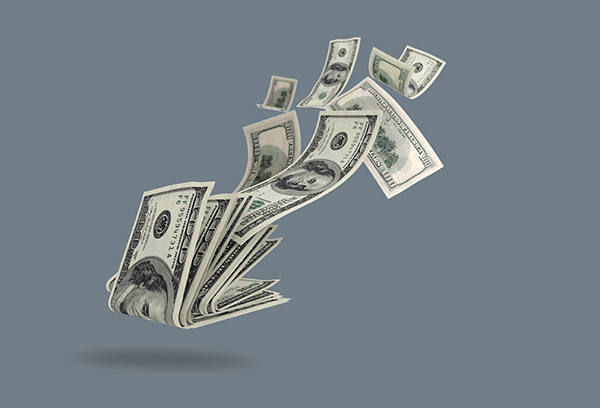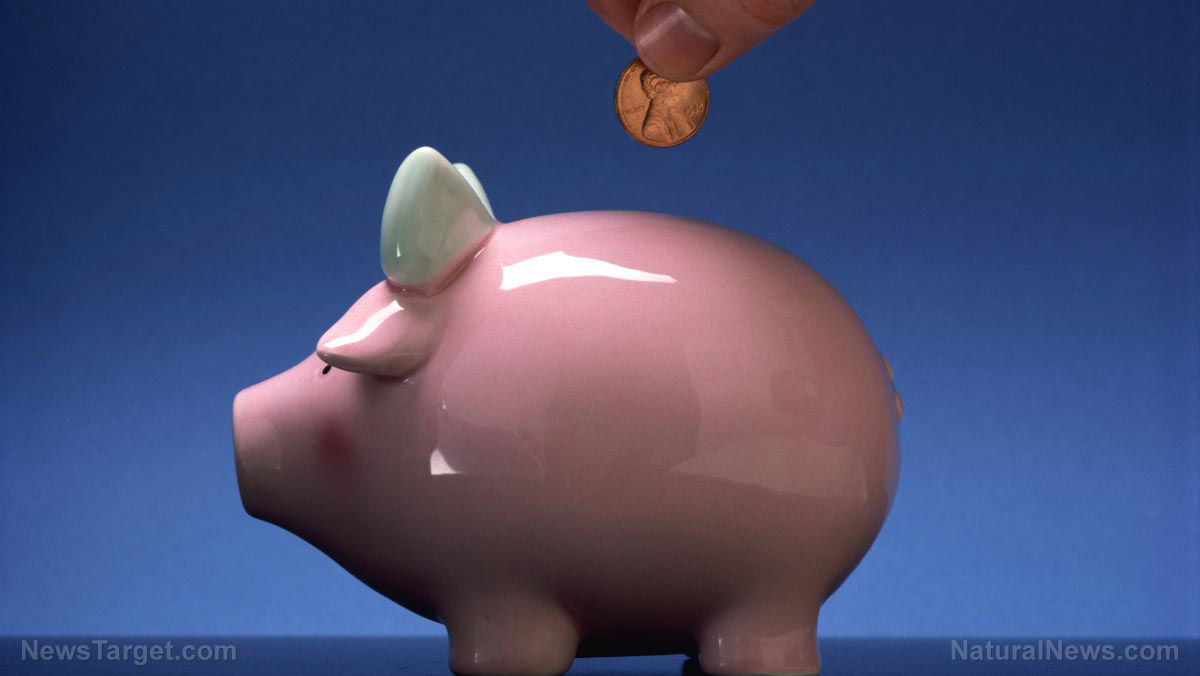July 22 is “doomsday” for Europe if Russian gas pipeline is not restarted
07/14/2022 / By Ethan Huff

In a little over a week, there is a strong possibility that the flow of Russian gas to Europe will cease for good, leaving our neighbors across the pond in a “doomsday scenario.”
The Nord Stream 1 pipeline is currently shut off for “maintenance,” and is scheduled to come back online on July 22. There are various factors that could keep it offline, however, including disapproval by Russian authorities.
Germany is still waiting for parts to come back from Canada, which has yet to send them due to sanctions against Russia and its pipeline. If these and other issues are not resolved, and quickly, then there is a good chance that it will be lights out for Europe.
Deutsche Bank’s (DB) Jim Reid says that July 22 could be the most important day of the year because “while we all spend most of our market time thinking about the Fed and a recession, I suspect what happens to Russian gas in H2 is potentially an even bigger story.”
“Of course, by July 22nd parts may have been found and the supply might start to normalize,” Reid adds. “Anyone who tells you they know what is going to happen here is guessing but as minimum it should be a huge focal point for everyone in markets.”
Nord Stream 1 shutdown to coincide with crashing markets and economic disaster
Already, just one day after the start of the scheduled 10-day shutdown period, flows through NS 1 have dropped to basically zero. Should things stay that way, it will be absolute mayhem on Wall Street in the coming weeks.
“Here is a sample of what Wall Street expects to happen then: European stocks plunging 20%,” reported Zero Hedge. “Junk credit spreads widening past 2020 crisis levels. The euro sinking to just 90 cents, before a full-blown recession slams the world’s 2nd biggest economy.”
It remains to be seen just how bad things get, and how quickly. It will depend on the length of a potentially prolonged shutdown of the pipeline, as well as how long countries like Germany and France that went “green” and now heavily rely on imported oil last without resumed flows.
“The big unknown is how the shock that starts in Germany, Poland and other central European countries will reverberate throughout the rest of Europe and the world,” says Joachim Klement, head of strategy at Liberum Capital.
“There simply is no substitute available for Russian gas.”
If Russia does, in fact, halt all gas deliveries to Europe indefinitely, then UBS economists expect a reduction in corporate earnings of more than 15 percent. The rush for safe assets would also drive benchmark German bond yields to 0 percent.
“We stress that these projections should be seen as rough approximations and by no means as a worse-case scenario,” says Arend Kapteyn, UBS’ chief economist. “We could easily conceive economic disruptions that lead to more negative growth outcomes.”
The fall of the euro has already commenced as overnight the currency hit a two-decade low, briefly touching parity with the dollar for the first time since 2002. German stocks have also lost about 11 percent of their value since June, with the biggest casualty being German gas giant Uniper SE, which saw its stock price plunge 80 percent this year so far.
“Europe is currently being caught in a vicious circle,” warns Charles-Henry Monchau, chief investment officer at Banque Syz. “Higher energy prices are hurting Europe’s economy, driving the euro lower. In turn, the weaker euro makes energy imports even more expensive.”
To keep up with the latest news about the crashing global economy, be sure to check out Collapse.news.
Sources for this article include:
Submit a correction >>
Tagged Under:
Collapse, currency crash, doomsday scenario, economic disaster, economy, fuel shortage, fuel supply, gas, global economy, green tyranny, Inflation, maintenance, market crash, markets, Nord Stream 1, pipeline, rationing, recession, Russia, sanctions, scarcity, Wall Street
This article may contain statements that reflect the opinion of the author
RECENT NEWS & ARTICLES
COPYRIGHT © 2017 NATIONAL DEBT NEWS

